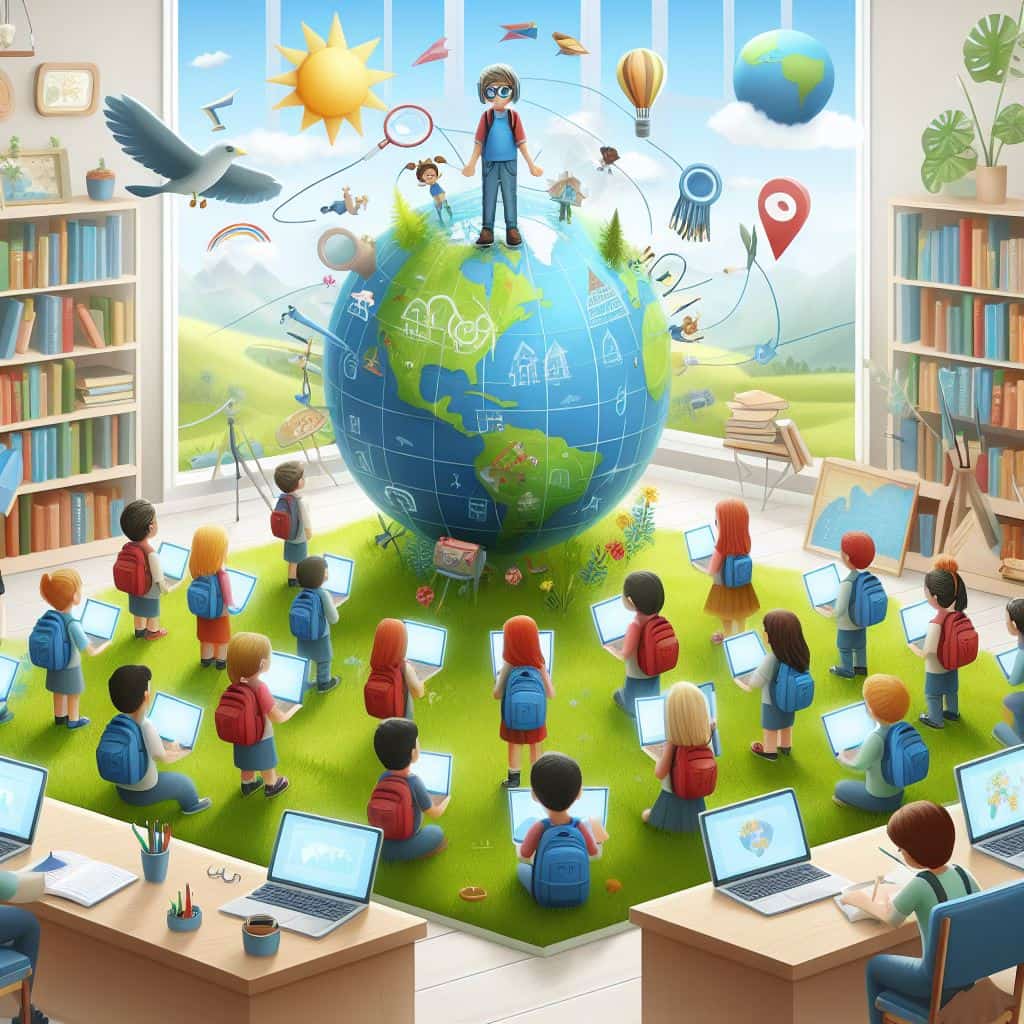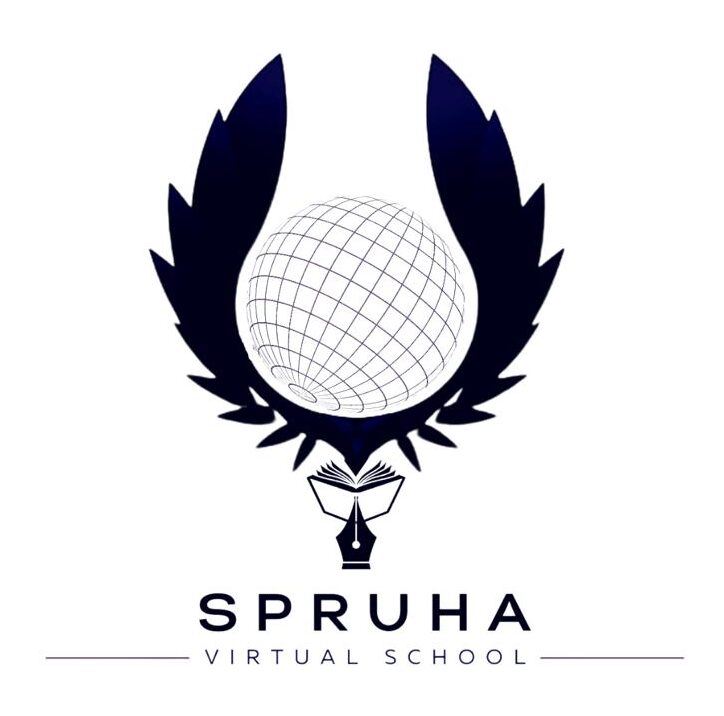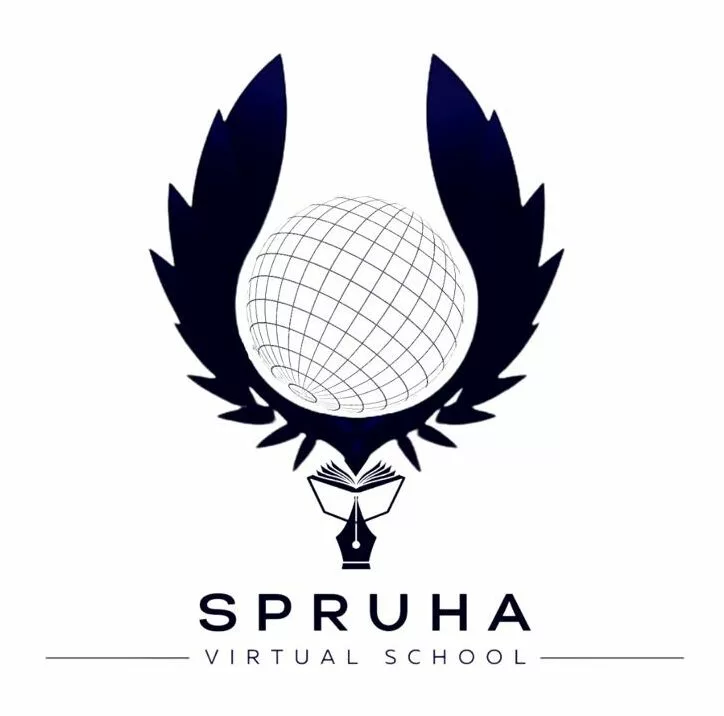Virtual schools have revolutionized the education landscape, offering flexibility and accessibility to students from all over the world. However, one of the concerns often raised about virtual schools is the lack of hands-on, experiential learning opportunities. At Spruha, we believe that outdoor and experiential learning are essential components of a well-rounded education, and we’re committed to incorporating these experiences into our virtual school curriculum.

The Importance of Outdoor and Experiential Learning
Research has consistently demonstrated the value of outdoor and experiential learning, highlighting its impact on various aspects of student development.
Improved Academic Achievement
Experiential learning enhances academic achievement by providing real-world applications and making learning more engaging and relevant. Students who participate in outdoor and experiential learning activities tend to perform better academically and have a deeper understanding of concepts.
Enhanced Critical Thinking and Problem-Solving Skills
Experiential learning encourages critical thinking and problem-solving by presenting students with real-world challenges and scenarios. This helps students develop essential skills in analysis, creativity, and decision-making.
Increased Creativity and Innovation
Outdoor and experiential learning fosters creativity and innovation by allowing students to explore new environments, try new activities, and develop novel solutions to problems. This helps students think outside the box and develop a creative mindset.
Improved Physical and Mental Health
Outdoor and experiential learning activities often involve physical activity, promoting physical health and well-being. Additionally, these experiences can reduce stress, improve mental health, and enhance overall well-being.
Incorporating Outdoor and Experiential Learning into Virtual School Curriculum
At Spruha, we’re committed to providing our students with opportunities for outdoor and experiential learning, despite being a virtual school. Here are some ways we’re incorporating these experiences into our curriculum:
- Virtual Field Trips: We organize virtual field trips to historical sites, museums, and other places of interest, allowing students to explore and learn in a virtual environment.
- Outdoor Activities: We encourage students to participate in outdoor activities like hiking, camping, and community service, and provide opportunities for reflection and feedback.
- Experiential Projects: We assign projects that require students to apply theoretical concepts to real-world problems, promoting hands-on learning and critical thinking.
- Collaborations and Partnerships: We partner with organizations and experts to provide students with opportunities for experiential learning, such as internships, mentorship, and research projects.
Empirical Evidence
Numerous studies have demonstrated the positive impact of outdoor and experiential learning on student development. Research by the National Center for Education Statistics found that students who participate in outdoor and experiential learning programs exhibit improved academic achievement and social development. This comprehensive study analyzed data from various outdoor and experiential learning programs, revealing a significant correlation between participation and academic success.
Similarly, a study conducted by the Outdoor Foundation discovered that outdoor education programs enhance students’ critical thinking and problem-solving skills. This research involved a thorough examination of outdoor education programs, revealing that students who engage in these experiences develop essential skills in analysis, creativity, and decision-making.
Additional research has further substantiated the benefits of outdoor and experiential learning. For instance, a study published in the Journal of Experiential Education found that experiential learning activities improve students’ self-awareness, self-regulation, and motivation. Another study in the Journal of Adventure Education and Outdoor Learning discovered that outdoor education programs promote social skills, teamwork, and communication among students.
Conclusion
Incorporating outdoor and experiential learning into a virtual school curriculum is crucial for providing students with a well-rounded education. At Spruha, we’re committed to providing our students with opportunities for hands-on learning, critical thinking, and creativity, preparing them for success in the digital age.
FAQs
Outdoor and experiential learning involves engaging students in hands-on activities and experiences, often outside traditional classroom settings, to enhance their understanding and application of academic concepts.
Spruha incorporates outdoor learning through virtual field trips, encouraging outdoor activities, experiential projects, and collaborations with organizations for internships and mentorship programs.
Virtual field trips are online excursions to historical sites, museums, and other places of interest. They allow students to explore and learn about different environments and cultures through interactive digital platforms.
Outdoor activities such as hiking, camping, and community service help students develop physical health, social skills, and a connection to nature, complementing their academic learning.
Spruha offers projects that require students to apply theoretical concepts to real-world problems, such as scientific experiments, community-based research, and creative arts projects.
Collaborations and partnerships with organizations and experts provide students with opportunities for hands-on learning through internships, mentorship programs, and research projects, enriching their educational experience.
Yes, Spruha designs its outdoor and experiential learning activities to be accessible to students from various geographical locations, leveraging technology and local resources to ensure inclusivity.
Research by the National Center for Education Statistics and the Outdoor Foundation shows that outdoor and experiential learning improves academic achievement, critical thinking, problem-solving skills, social development, and physical and mental health.
Spruha provides guidelines and resources for safe outdoor activities, encouraging students to participate under the supervision of parents or guardians and per local safety regulations.
Parents can support their children by encouraging participation in outdoor activities, facilitating access to necessary resources, and engaging in reflective discussions about their learning experiences.

